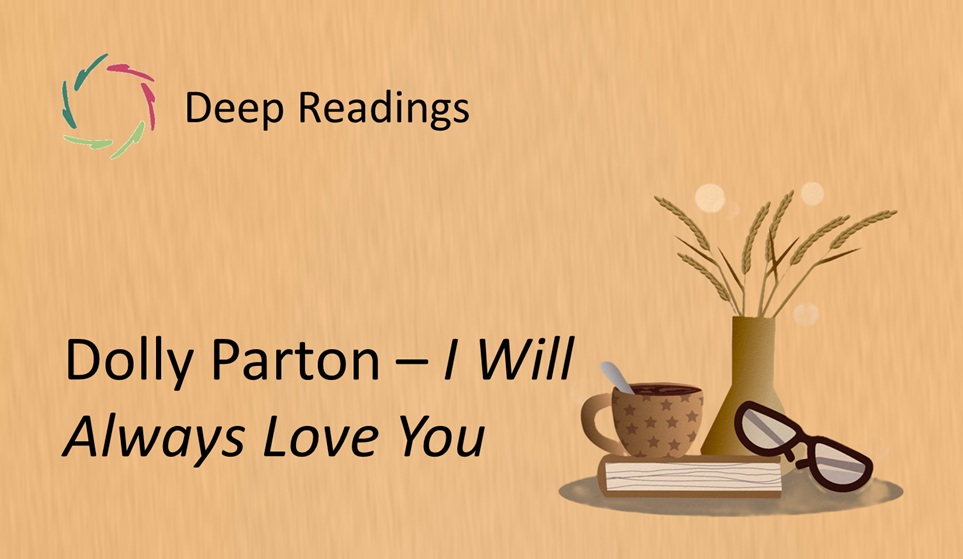Deep Readings: The Cars ― Drive ― (1984)

The Fragment
“Who’s gonna tell you when it’s too late?
Who’s gonna drive you home tonight?”
(Short quote due to copyright. Full lyrics available via licensed sources such as Genius or SongMeanings.)
Contextual glimpse
Released in 1984 on the album Heartbeat City, Drive is a ballad of quiet urgency. Unlike The Cars’ more upbeat hits, it’s slow, synth-heavy, and sung with aching restraint by Benjamin Orr. The song is framed as a series of questions posed to someone fragile, adrift, or perhaps self-destructive.
These repeated questions are both literal and symbolic. Driving home could mean getting somewhere safe — physically, emotionally, or spiritually. The “you” in the song seems unable or unwilling to see the danger, so the narrator wonders if anyone will step in, including himself.
Resonance
These lines are a hand extended in the dark. They aren’t commands — they’re invitations to awareness. “Too late” is not just about the hour of night; it’s about the point at which choices close, harm is done, or a heart hardens.
Driving home becomes a metaphor for guiding someone back to themselves, to a place of rest and belonging. The unanswered question — “Who will do this?” — reveals the song’s tension: love is present, but capacity or permission to act may be absent. This is the ache of care that cannot save.
The fragment holds the listener in a space between protection and helplessness. It’s love that stays awake, even when it can’t stop the night from coming.
Why this may also be about you
There may be people in your life you wish you could “drive home” — not in a car, but in their choices, safety, or self-worth.
Sometimes the role is not to take the wheel, but to remain present, to ask the question that reminds them someone cares.
Lisa’s inspired, original idea about this fragment
What if “driving someone home” is simply walking beside them in the dark until they can see their own porch light?
The road doesn’t always need to end at your door to matter.
Echoes
Drive became The Cars’ highest-charting single in several countries and was later associated with humanitarian causes, such as famine relief concerts. It’s often played at memorials or moments of reflection, its gentle persistence making it timeless.
In popular memory, the song is less about romantic love and more about a universal longing — for someone to notice, to care enough to guide us, especially when we can’t guide ourselves.
Inner invitation
Think of someone in your past or present who might be wandering in their own kind of night.
Ask yourself: what’s the smallest way you can be a light or a guide for them, without taking over the journey?
Let this fragment live inside you for a while — like headlights quietly following behind, just to be sure.
Closing note
This is about the human being you are — able to care without control, to love without ownership.
Sometimes the drive is short. Sometimes it’s a lifetime.
Lisa’s final take
The road home begins in a question.
Keywords
The Cars, Drive, love, care, guidance, safety, vulnerability, night, belonging, companionship, empathy, helplessness, presence, question


